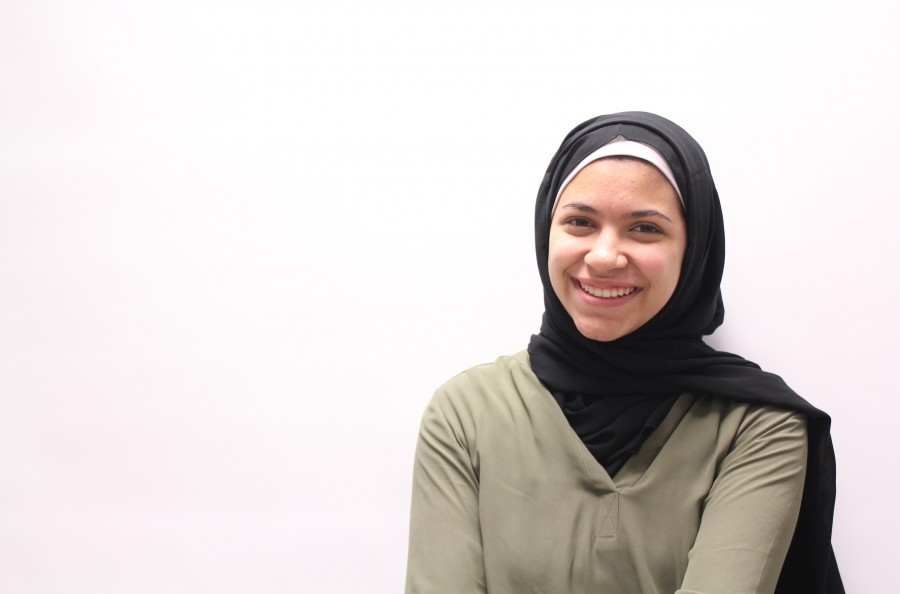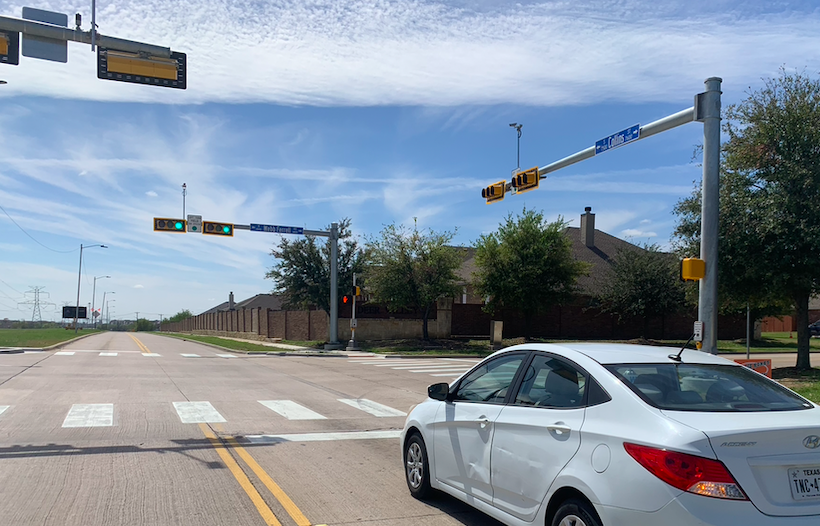Syrian Refugees Struggle for Survival

February 11, 2016
They’re humans, just like you and I. Due to persecution from their government, ISIS and other rebel groups the successful doctor, teacher or postal worker is now known as a Syrian refugee. That refugee now has different worries and priorities. Instead of taking care of their patients, crafting lesson plans or delivering mail, they are trying to find something for their starving, malnourished children to eat or a place for them to call home.
They’re fleeing their jobs, homes and semblance of normalcy. Their entire lives, in such a short time, turned a full 360 degrees. The leaders of the United States need to understand that Syrian refugees are helpless, innocent people who are just fighting for basic needs and their lives back.
Many wonder why refugees can’t return to their homeland. Well, just like many of us would be, they are fearful of terroristic threats. In reality however, they are experiencing terrorism first-hand. They are deliberately forced or are running from their homes because of their fears. Additionally, they simply have nothing to return to since the crisis has eradicated entire cities that were once thriving commercial centers.
Since March 2011, more than 11 million people in a country of 22 million, have been killed or forced to flee their homes during Syria’s civil war. Additionally, more than 16 million people, in and out of Syria, are in need of assistance.
Doctors Without Borders estimates that up to two million Syrians are trapped in sieges. Electricity and running water is usually cut off. The aid that does arrive is often too scarce or is confiscated by rebel groups. According to abcnews.go.com, the government has committed crimes against humanity with their horrendous treatment of detainees since the beginning of the civil war.
To refugees, after five long years, it as if the Western world is deliberately blind to the unimaginable atrocities they experience every day.
In an NPR interview, Dr. Rajia Sharhan, a nutritionist with UNICEF, said she saw children and adults so weak they couldn’t move or talk because they were suffering from malnutrition in the besieged village of Madaya in Syria. Most of these people were eating grass and drinking water and salt to survive. The village held signs and posters begging for aid. Despite that aid from the UN and partners reached them Jan. 11, they are still struggling to survive. Especially during the harsh winter, the fact that many own just the clothes on their backs makes it even harder to have hope. There are also millions in crowded refugee camps in neighboring countries facing similar conditions of scarce resources and inadequate shelter.
President Obama has planned to welcome 10,000 refugees by the end of 2016. So far, according to nytimes.com, the United States has taken in 2,500 Syrian refugees since 2012. Canada has brought in more than 10,000 in the last two months and plans to fulfill their goal of settling 25,000 by the end of February. We are capable of opening our doors, far and wide, as well.
However, some are fearful of the threat of terrorism arriving within the crowds of refugees. Following the Paris attacks where one of the attackers was falsely identified as a Syrian refugee because of his fake passport, 31 states announced their opposition to welcoming refugees.
It’s important to realize that to be admitted as a refugee in the United States, you must undergo a long vetting process that includes interviews, a medical evaluation, security screenings and much more that could take up to two years. Huffigtonpost.com noted how non-refugees have carried out all terrorist attacks over the past 35 years and receiving a student visa or tourist visa would be much easier than applying to enter as a refugee. With a system this thorough and lengthy, the threat of terrorism is lowered tremendously meaning we should continue to welcome them.
According to the U.N., more than half of Syrian refugees are under the age of 18. Imagine if that were your child, sibling, friend or student. Imagine how different their lives would be. Syrian refugees are just like you and I. But now, they can’t go to school, they can’t see some of their family members or friends because they’re dead and they can’t have a childhood. Not only are there suffering children, but there are widowed mothers and fathers as well. This crisis is affecting everyone. Compassion has no race and it doesn’t have a religion, it just makes you human. So just remember they’re humans too.













